Atopic Dermatitis
If you are seeking professional advice or treatment for Atopic Dermatitis or any other scalp condition please feel free to ring the helpline above or complete the contact form. You will be able to speak with a trichologist in person will assist you.
Atopic Dermatitis is a common condition that tends to affect children more that adults. Males and females are affected equally. The onset may be during the first few months of life presenting as weeping, crusting, and pruritic erythema on the face, genital region & scalp. Children often show permanent remission (skin tends to stay dry and irritates easily).
Research suggests 65% of cases begin during year one and 90% by the year five. An estimated 10% of all children experience symptoms of Atopic dermatitis. 60% of these will show exacerbation during adulthood.
Children are more susceptible if hay fever or asthma is present in other family members. A higher risk exists if both parents suffer an Atopic condition. Where one identical twin (identical genetic makeup) suffers an Atopic condition the other has an 80-90% chance of contraction. Furthermore this condition may present symptoms on the scalp that are similar to other itchy scalp conditions.
Where it affects
During adolescence and adulthood, Atopic Dermatitis tends to become localised and lichenified affecting the eyelids, neck/scalp and wrists/hands. Blisters and papules may develop which may rupture becoming infected. Cracks around the ears are common. The skin may become hyper-pigmented. Scales may be present. Re occurrence is common. Atopic Dermatitis tends to show improvement with age.
Atopic Dermatitis is not contagious. Shows similarities to Seborrhoeic Dermatitis in infants (cradle cap) and contact dermatitis in adolescent/adult cases. Incorrect diagnosis is common. If you are a parent that has a child suffering from a skin ailment then don’t try and diagnose yourself. Seek professional advice. Your GP is always the first port of call. However, if you don’t find a solution then a trichologist will be able to assist you.
Removing the cause may not promote remission except in infants. Research shows that patients tend to have high serum levels of IgE antibodies, the significance is unknown. Psychological stress associated with this ailment can be considerable especially in baby’s who can’t self manipulate.
Registered with the Trichological Society

